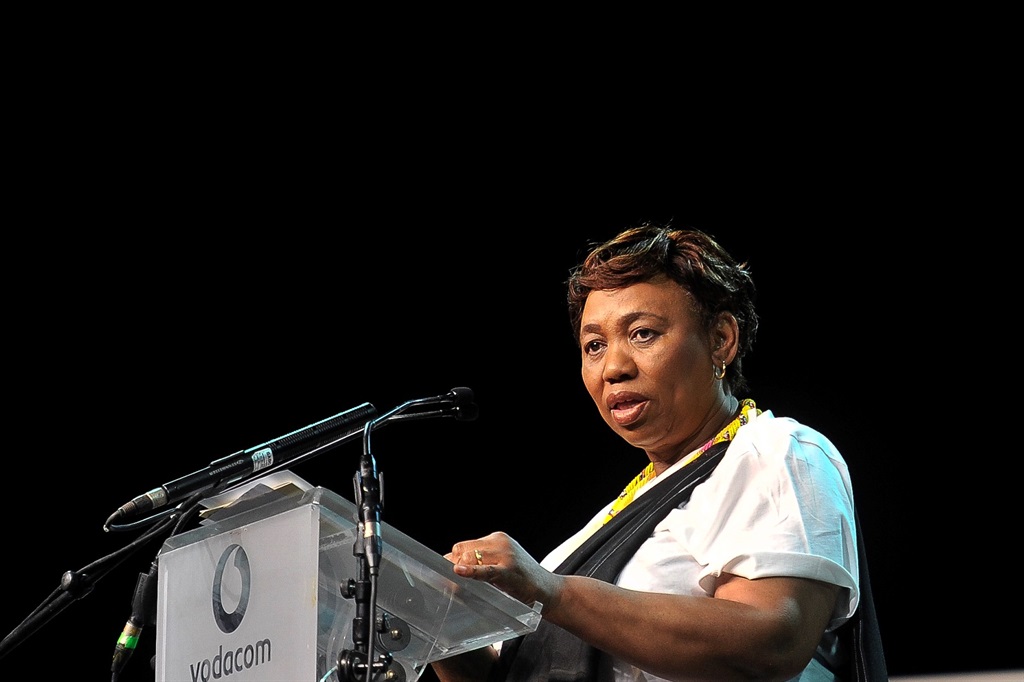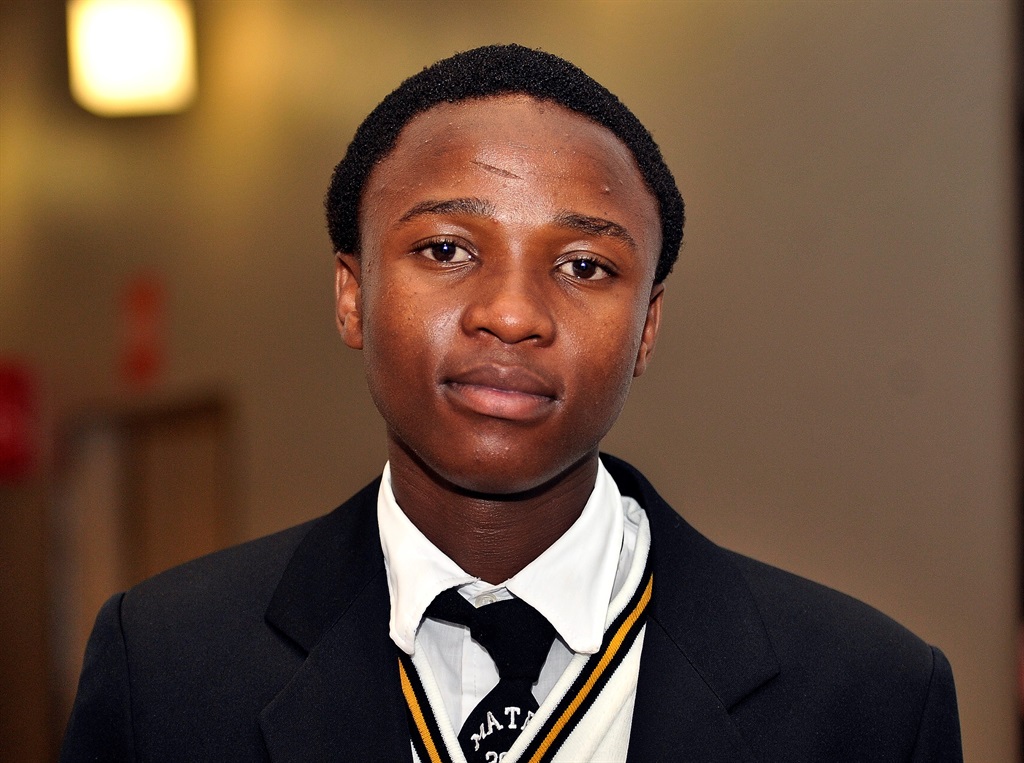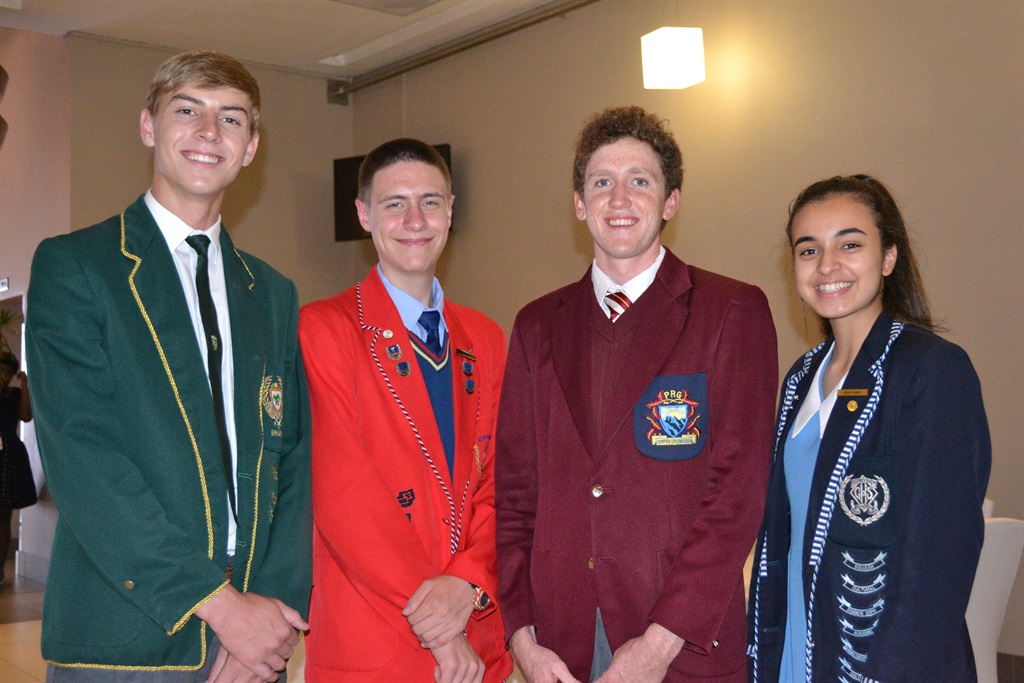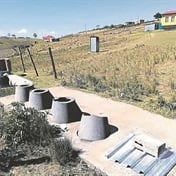
The department of basic education on Thursday announced a 78.2% matric pass rate for the 2018 National Senior Certificate (NSC) examinations.
Basic Education Minister Angie Motshekga emphasised the importance of the 3.1% growth from the previous year: “The NSC overall pass rate, with progressed learners included, shows an improvement from the 75.1% achieved in 2017. However, with the progressed learners excluded, the 2018 NSC pass rate stands at 79.4%, a 2.9% improvement from the 76.5% achieved in 2017. Well done class of 2018!”
According to Motshekga, with more than 800 000 candidates sitting for the NSC exams, the matric class of last year, which was the fifth cohort to be exposed to the Caps curriculum, recorded the fourth highest enrolment of full-time candidates and the highest enrolment of part-time candidates in the history of our basic education system.
“The total number of candidates who registered for the 2018 NSC examinations comprised of about 625 000 full-time candidates and 176 000 part-time candidates,” she explained.
The minister added that the class of 2018 was the first to be introduced to 12 new subject offerings, including the South African sign language as a home language; civil technologies, mechanical technologies and electrical technologies – each with three subjects – as well as technical mathematics and technical science. According to the minister, this was an effort to equip learners with the required and necessary skills to survive in the evolving technological world.
Phiwayinkosi Mhlongo, from Bona Comprehensive School, was one of the pupils who sat for the newly introduced technical mathematics and technical science subjects last year, and received the national top achiever award for both subjects on Thursday evening in Midrand. Speaking to City Press, the 17-year-old who will be studying civil engineering this year said even though he always enjoyed mathematics he wanted to try something new.
“I enjoyed the subjects and I knew I would perform well in them. We did things like complex numbers rather than statistics and we did integration rather than probability,” Mhlongo said.
David Dodkins, another top achiever, received an award for maths and science. The Bergsig Academy student told City Press that he was ecstatic about his achievement.
“This is an amazing feeling and I don’t think one ever really expects it. These are the subjects that you always work hardest at but never feel like you are doing as well as you would like to,” he said.
Dodkins, who will be studying actuarial and financial mathematics this year, stressed the importance of mathematics and science.
“These two subjects are the cornerstone of logical thinking. I think they are possibly the most important subjects because they force you to think critically about anything that you are given and force you to find a solution by slowly working your way towards it.”
Motshekga said all provinces achieved a pass rate above 60%, with Gauteng taking top spot with 87.9% – an improvement of 2.8% from 2017. Hot on the heels of Gauteng was the Free State with an 87.5% pass rate, followed by the Western Cape with 81.5%. North West came in fourth with 81.1%, followed by Mpumalanga and Kwazulu-Natal with 79.1% and 76.2%, respectively. The Northern Cape achieved a 73.3% pass rate and the Eastern Cape ranked just above Limpopo with 70.6%.
Only Limpopo achieved below the 70% threshold, coming in at 69.4%.
Read: Matrics 2018: Eastern Cape hopes for 66% pass rate
The minister and those attending the announcement, lauded the Eastern Cape for its improvement of 5.6% from 2017 – the largest pass rate improvement in the country. The Eastern Cape had been the worst performing province for five consecutive years. City Press reported last year that the Eastern Cape education department’s 2018/19 annual report indicated a target of 66% matric pass rate for this class.
“I must particularly single out the Eastern Cape. Despite the challenges [it is] faced with, the province has now taken off and should continue on this trajectory. It is about to reach its cruising height,” Motshekga said.
Addressing the learner progression policy, which was introduced in 2015 and allows for the promotion of Grade 10 and 11 pupils to the next grade if they have repeated more than once, Motshekga urged South Africans to support and guide all struggling pupils.
“Every child should be viewed as a national asset and no child should be left behind. We see it a lot, with overage learners, if they repeat more than twice they drop out,” she said.
“Consequently, [last year] we saw the largest number of progressed learners, since the policy was promulgated in 2015.”
Basic education director-general Mathanzima Mweli echoed the minister’s sentiments, saying: “The biggest challenges we face are failure and repetition of grades, which then lead to learners dropping out because they are stuck in the system. Most learners do not finish within 12 years of schooling and some end up dropping out,” he said.
Mweli expressed great pride in the pupils.
“Physical science improved by 9%, accounting improved by 6%. I am extremely proud of the class of 2018. We have the highest number of bachelor’s [passes] we have ever had. The performance of learners with special educational needs is a great achievement. We are proud.”
Following the matric announcement, EFF spokesperson Mbuyiseni Ndlozi said any pass rate that is above 78% is misleading. According to the EFF, 1 171 323 pupils were enrolled in Grade 1 in 2007.
“If one considers that there were only 796 543 learners enrolled to write matric exams in 2018, it means that 374 780 or 32% of learners that were in Grade 1 in 2007 have either dropped out, failed or went to an FET [further education and training college], meaning that any overall pass rate that is above 78% is misleading and unable to account for the 374 780 other learners that should have written matric exams in 2018,” Ndlozi said.
He added: “The government does not make efforts to track if learners actually dropped out, went to FETs or joined the workforce.”
Meanwhile, the Independent Examination Board announced a 98.92% matric pass rate for 2018.
Read: High flying St John’s lauds students as IEB matric results achieve 98.92% pass rate




 Publications
Publications
 Partners
Partners










